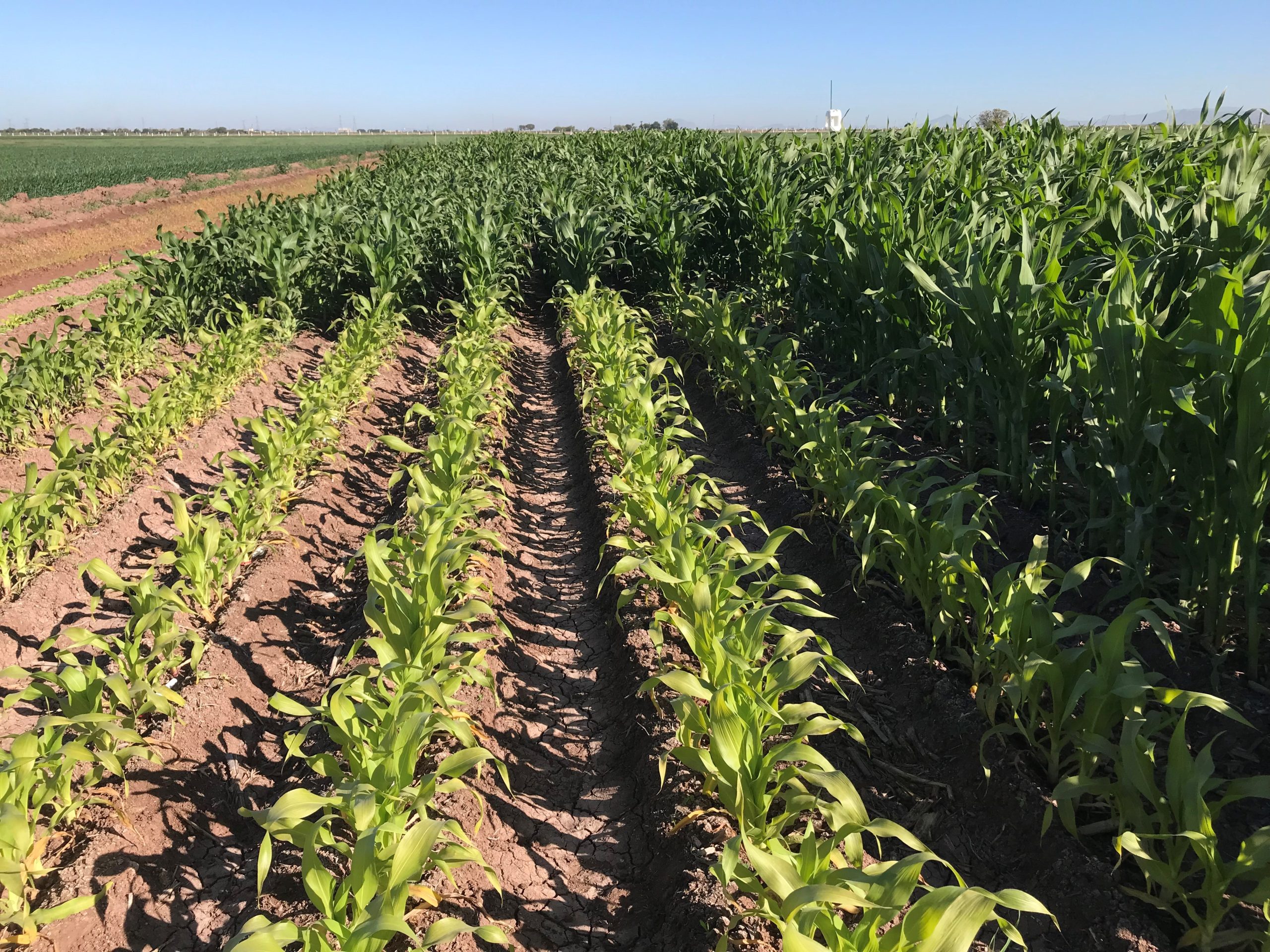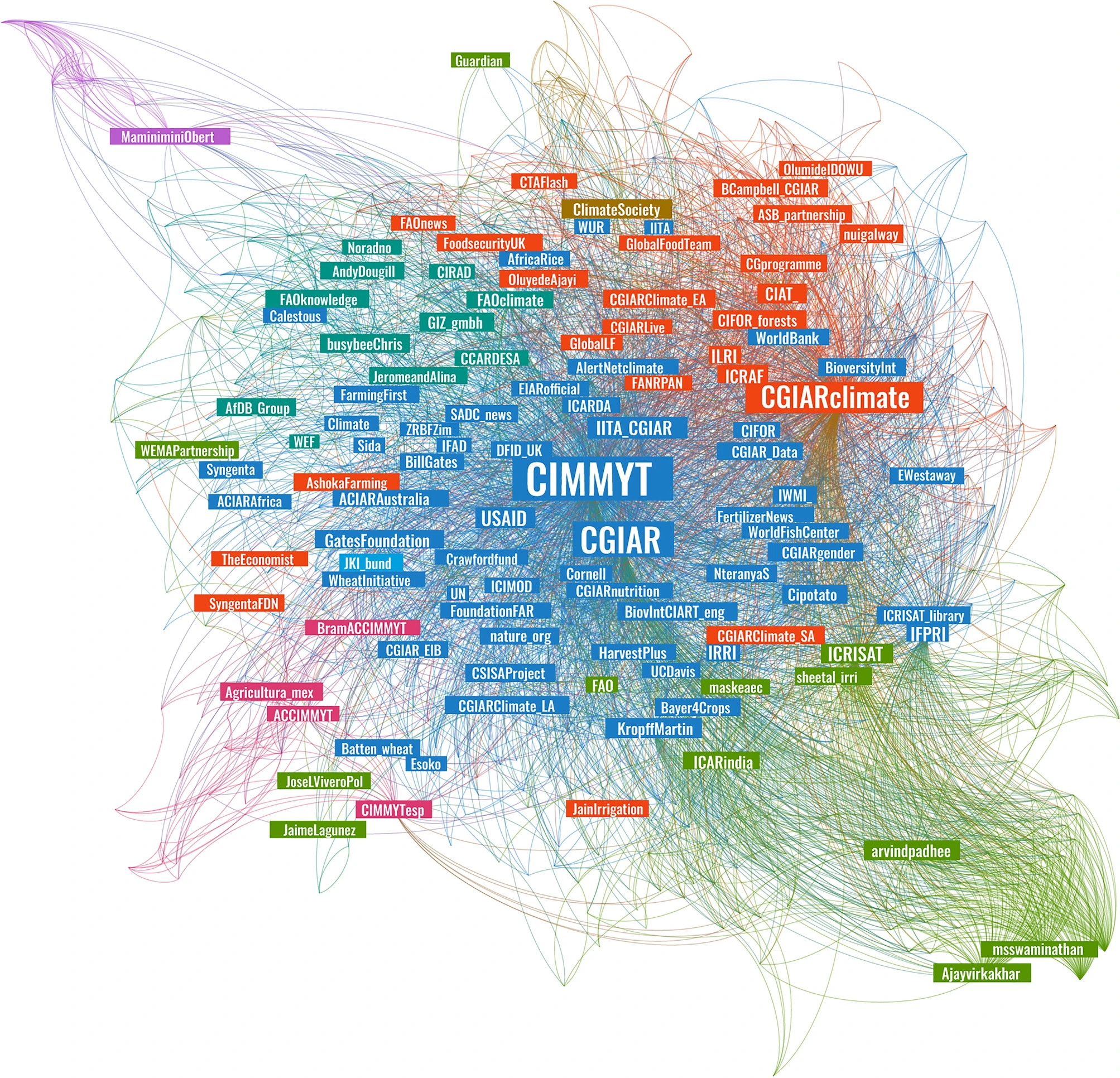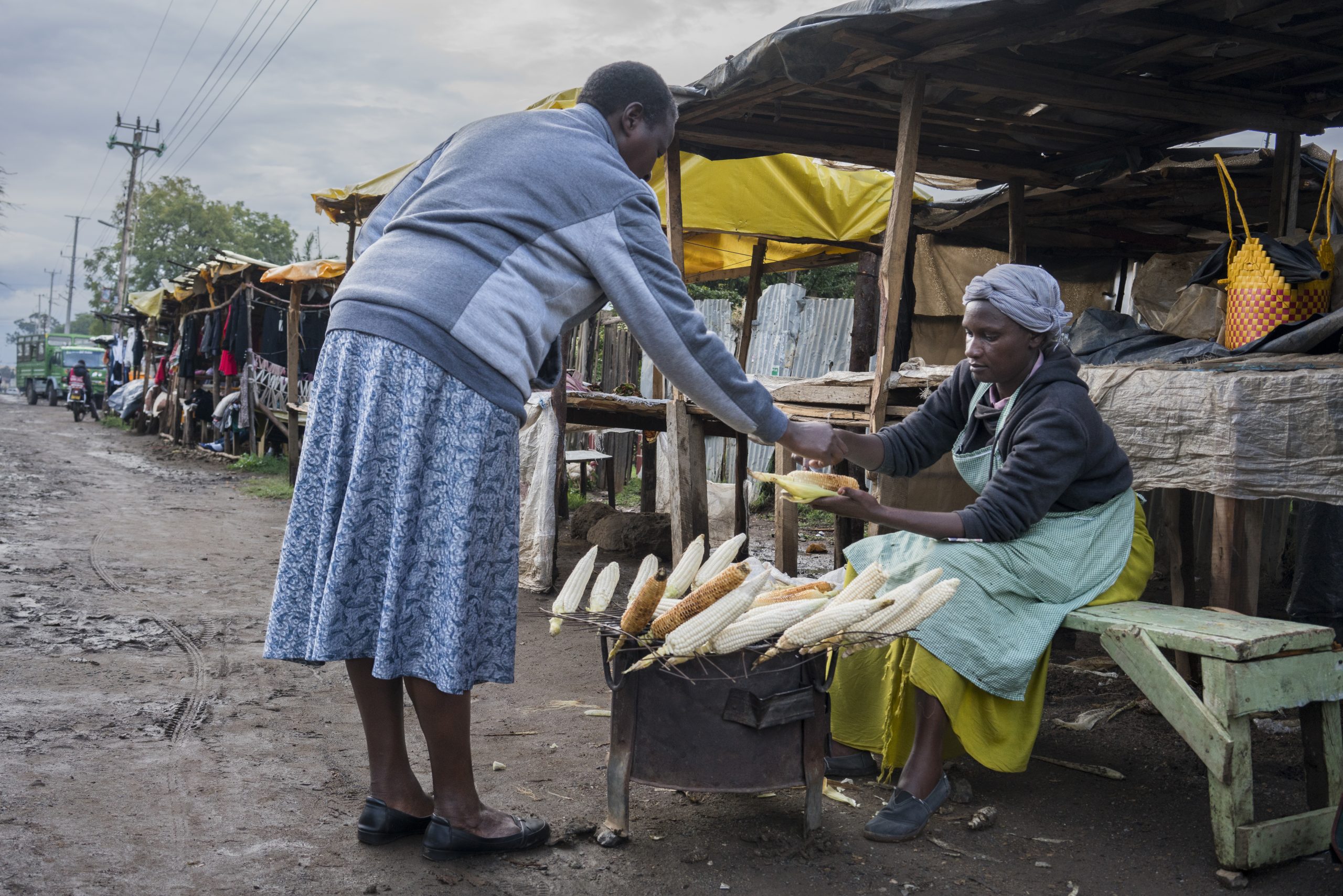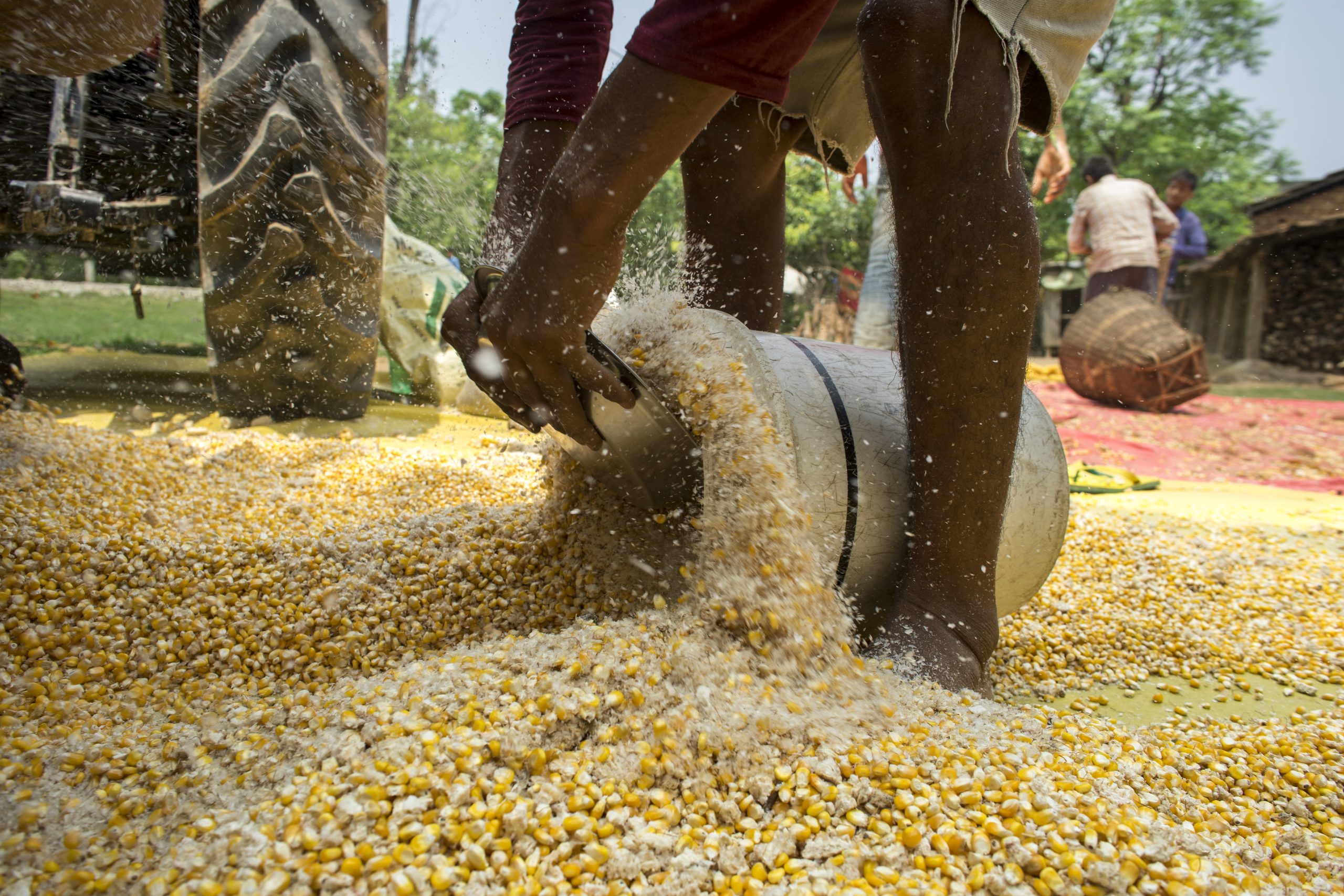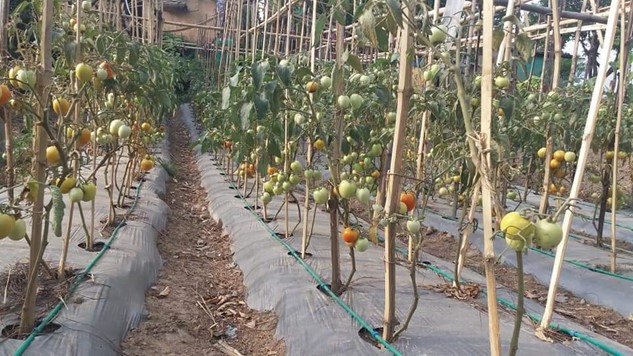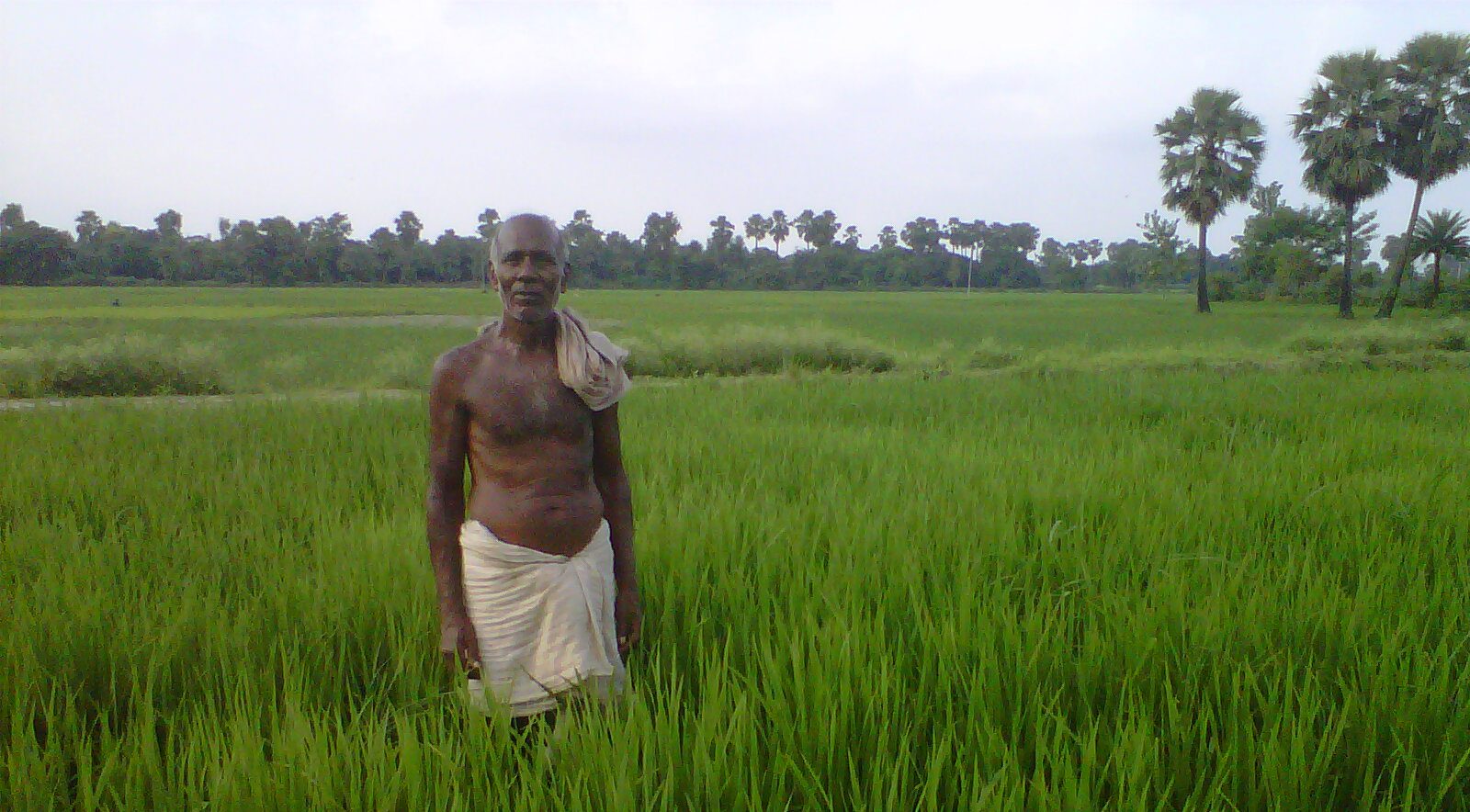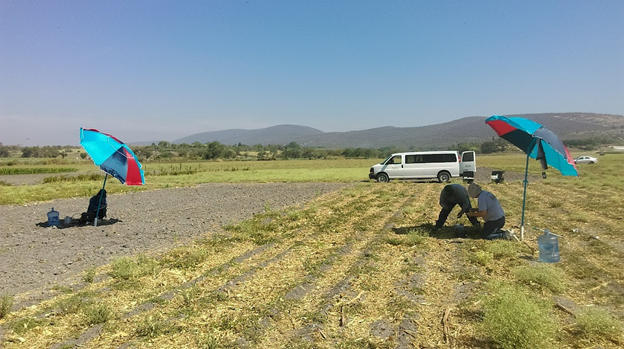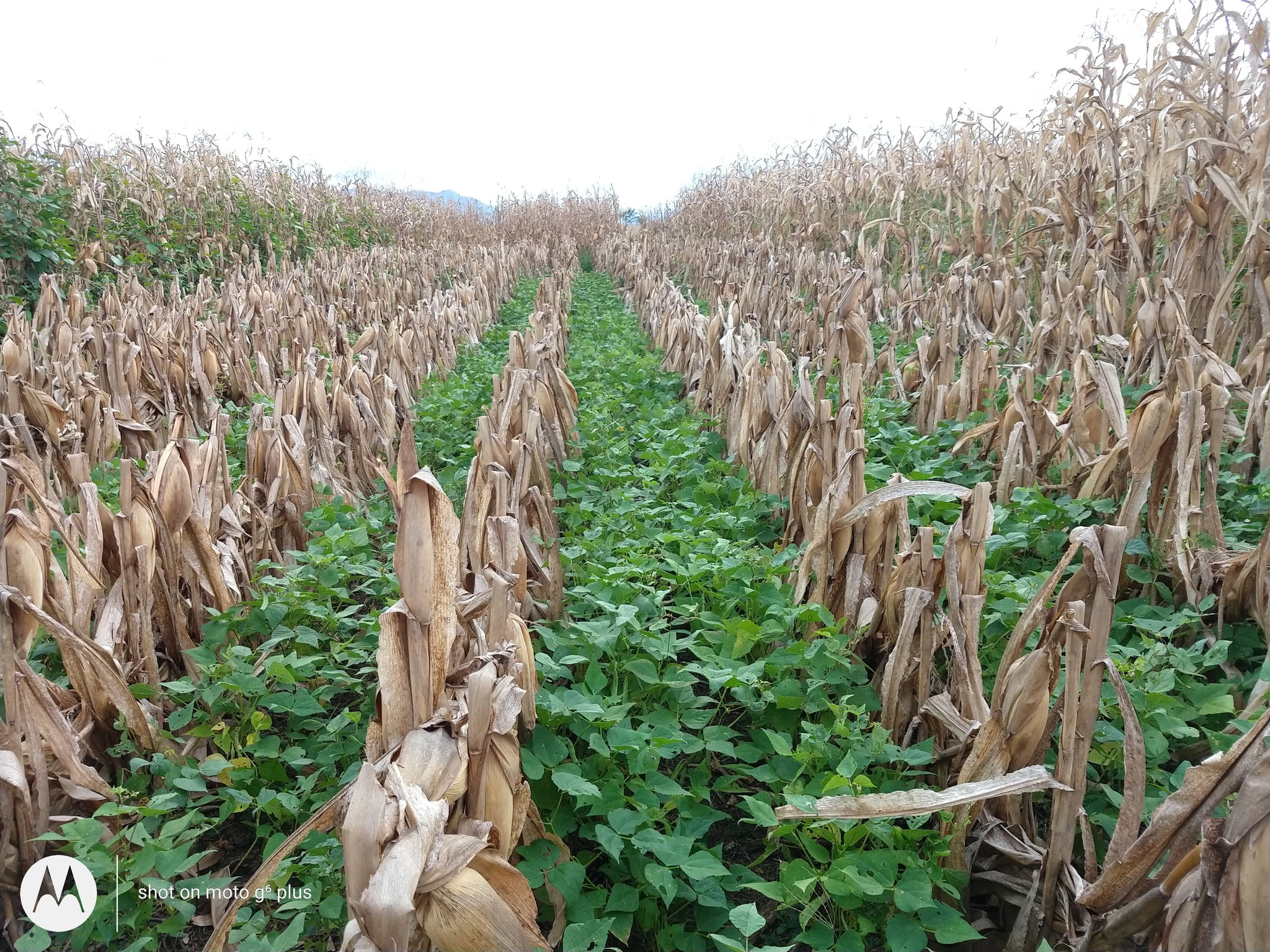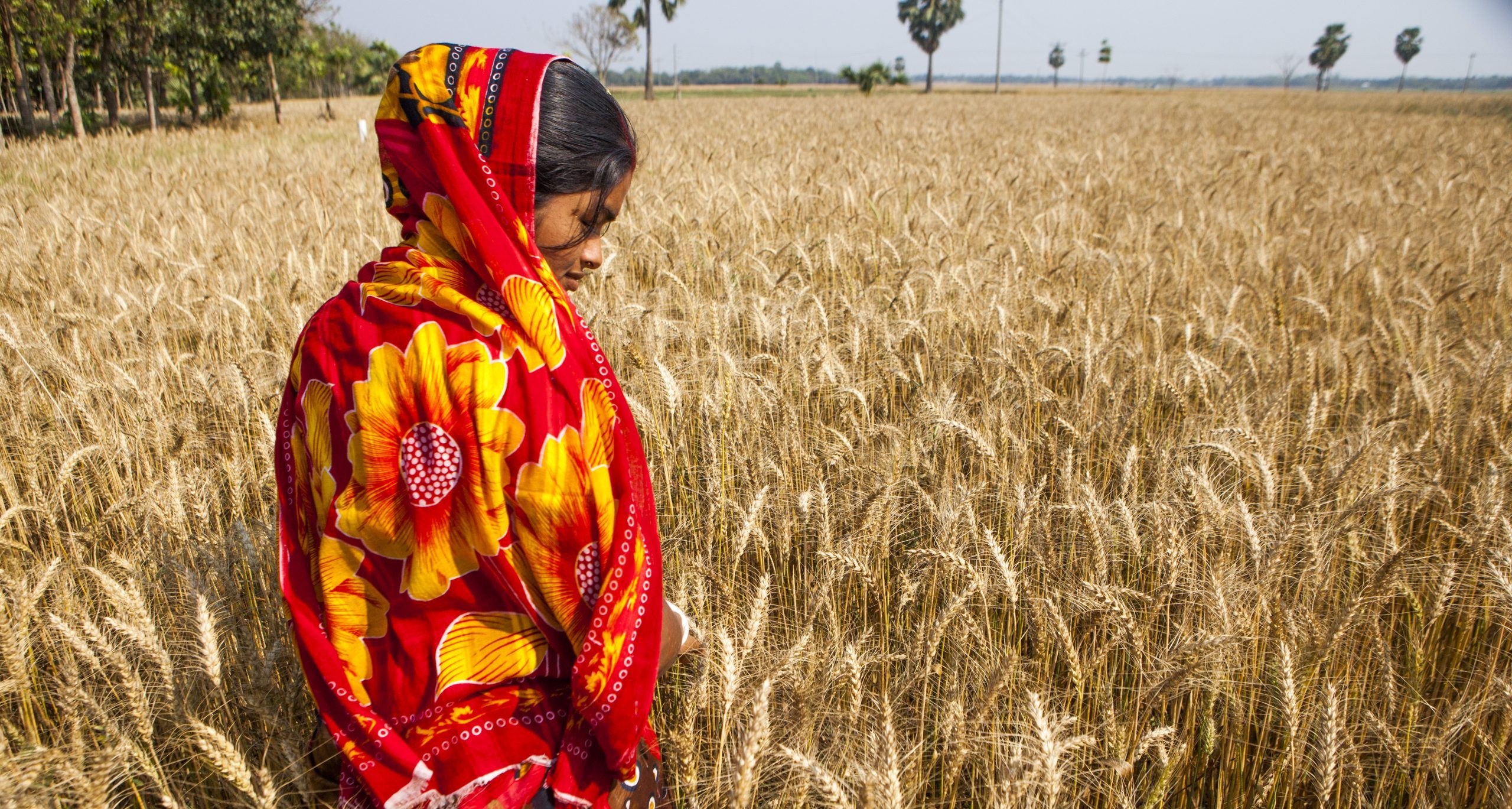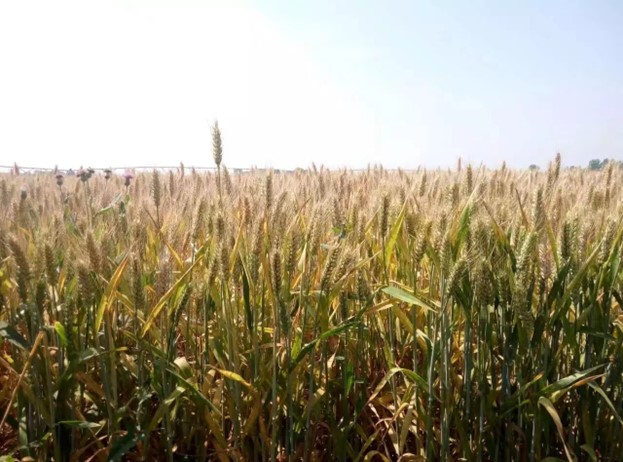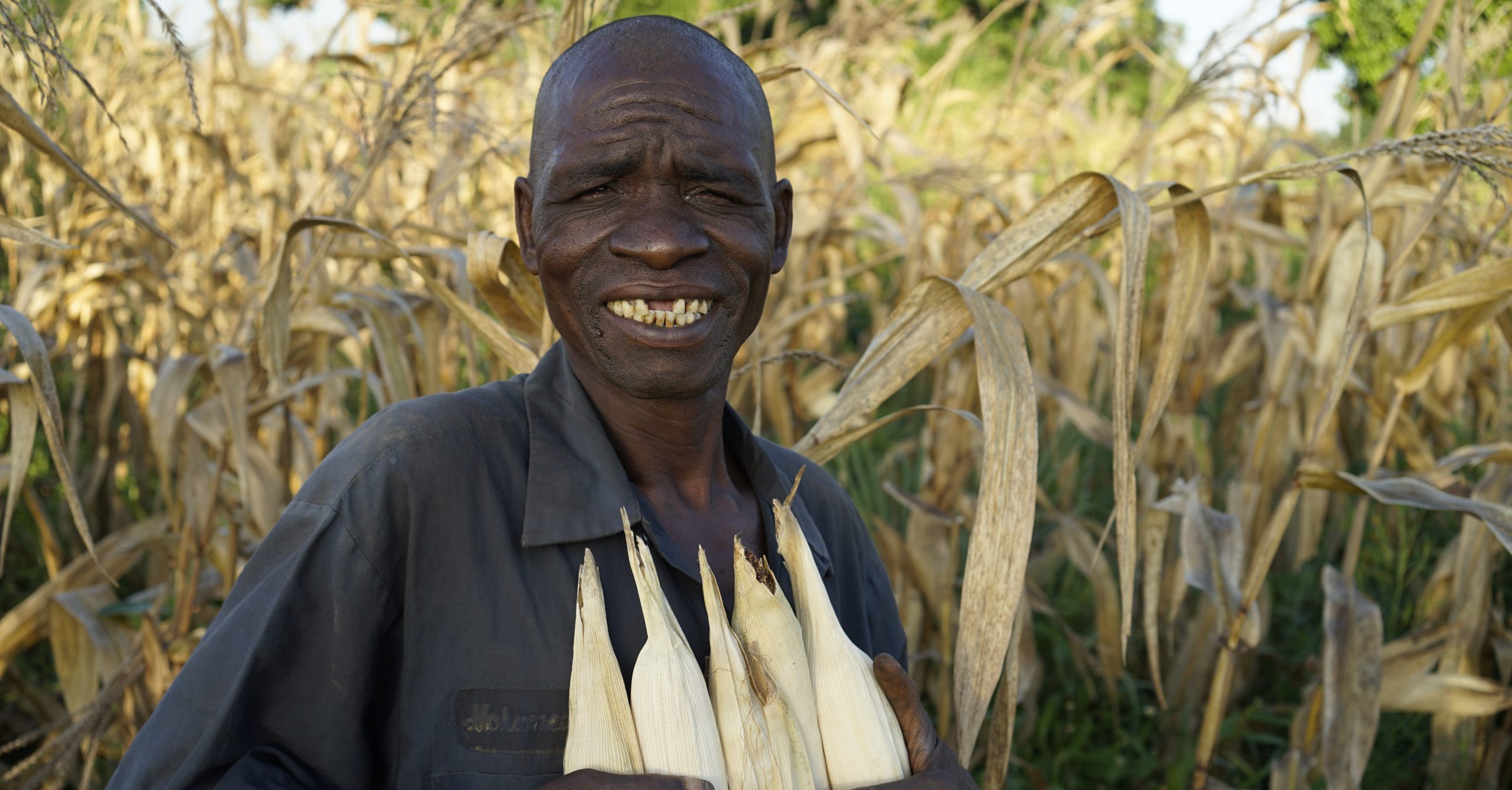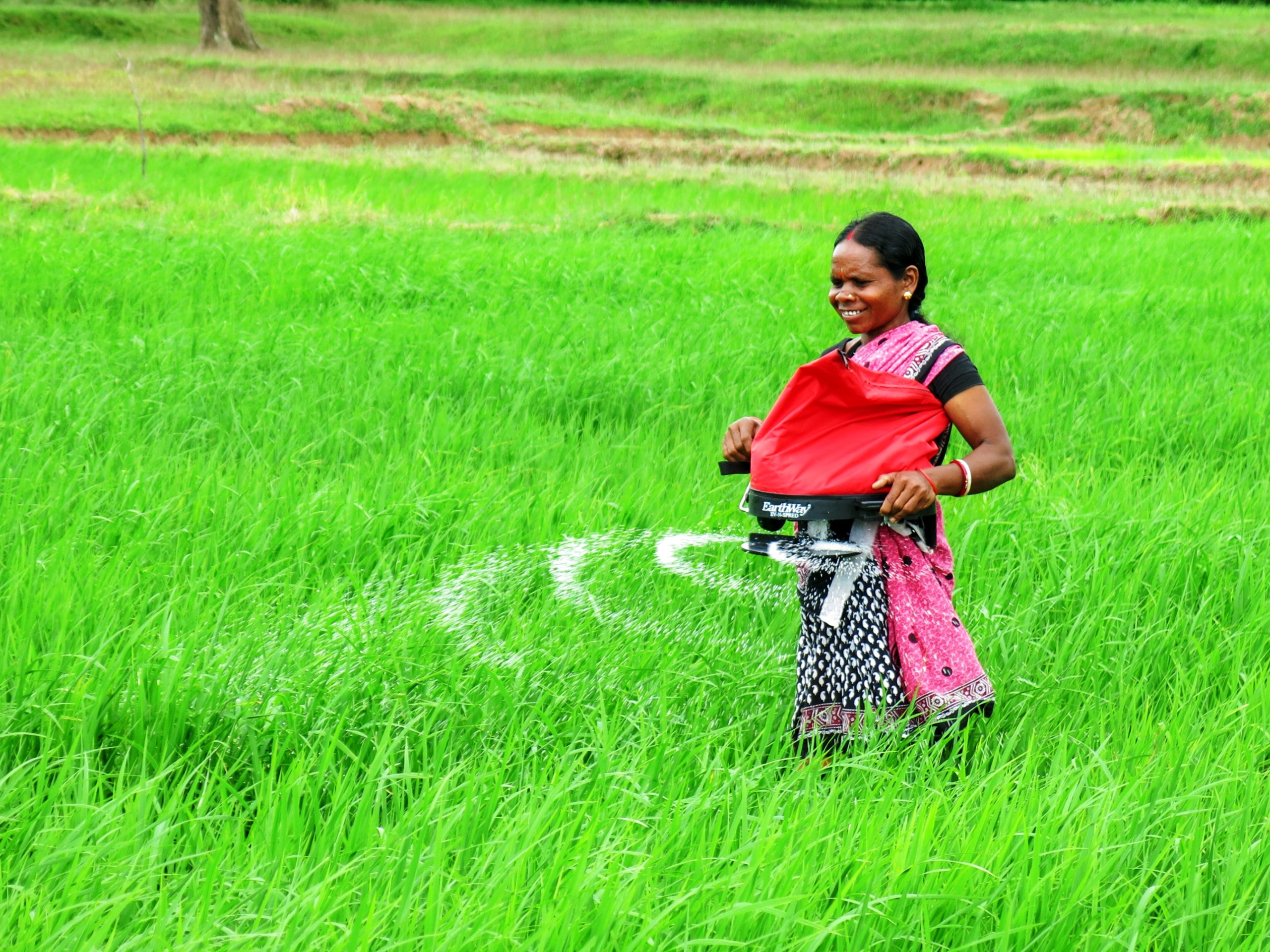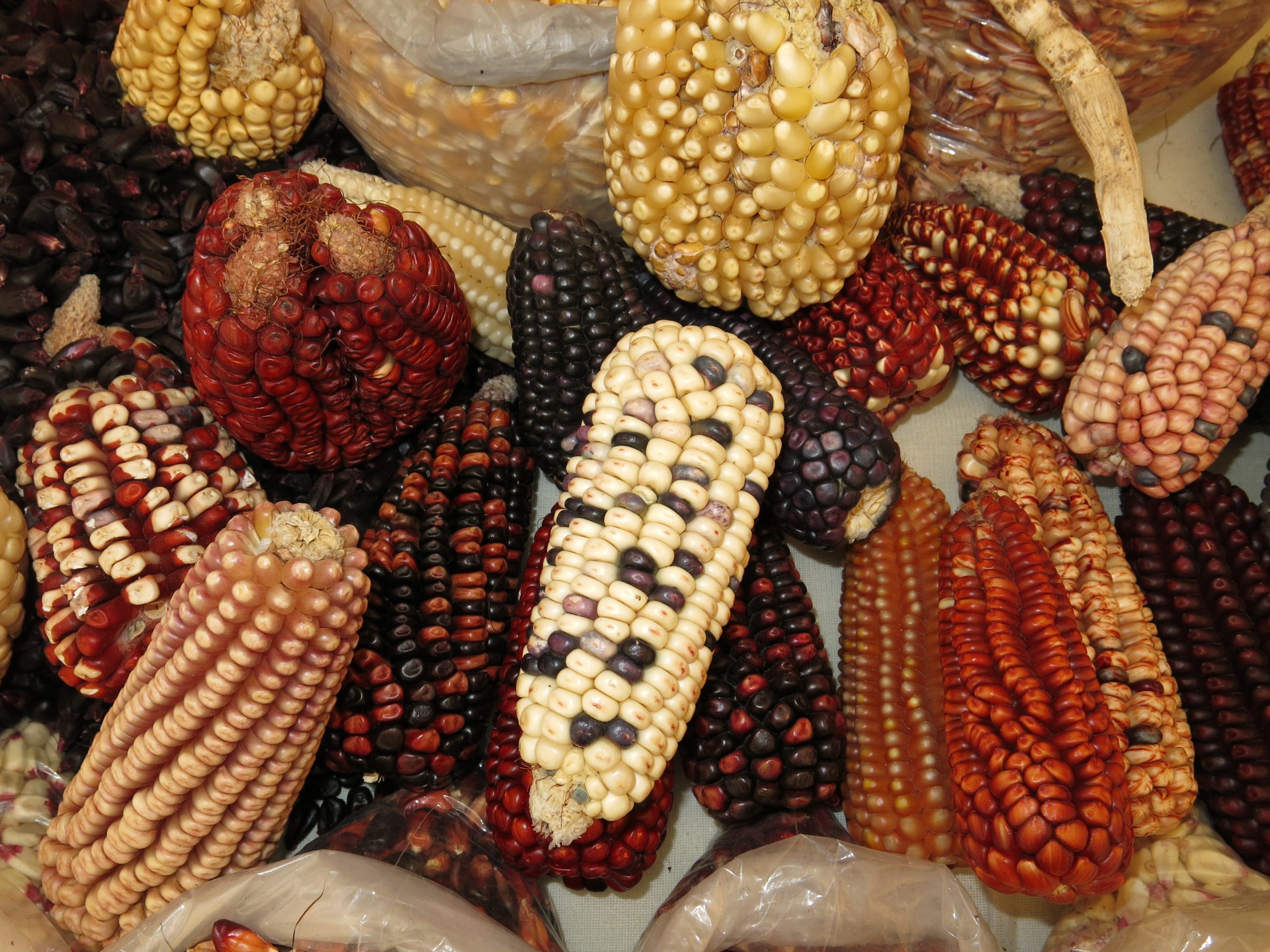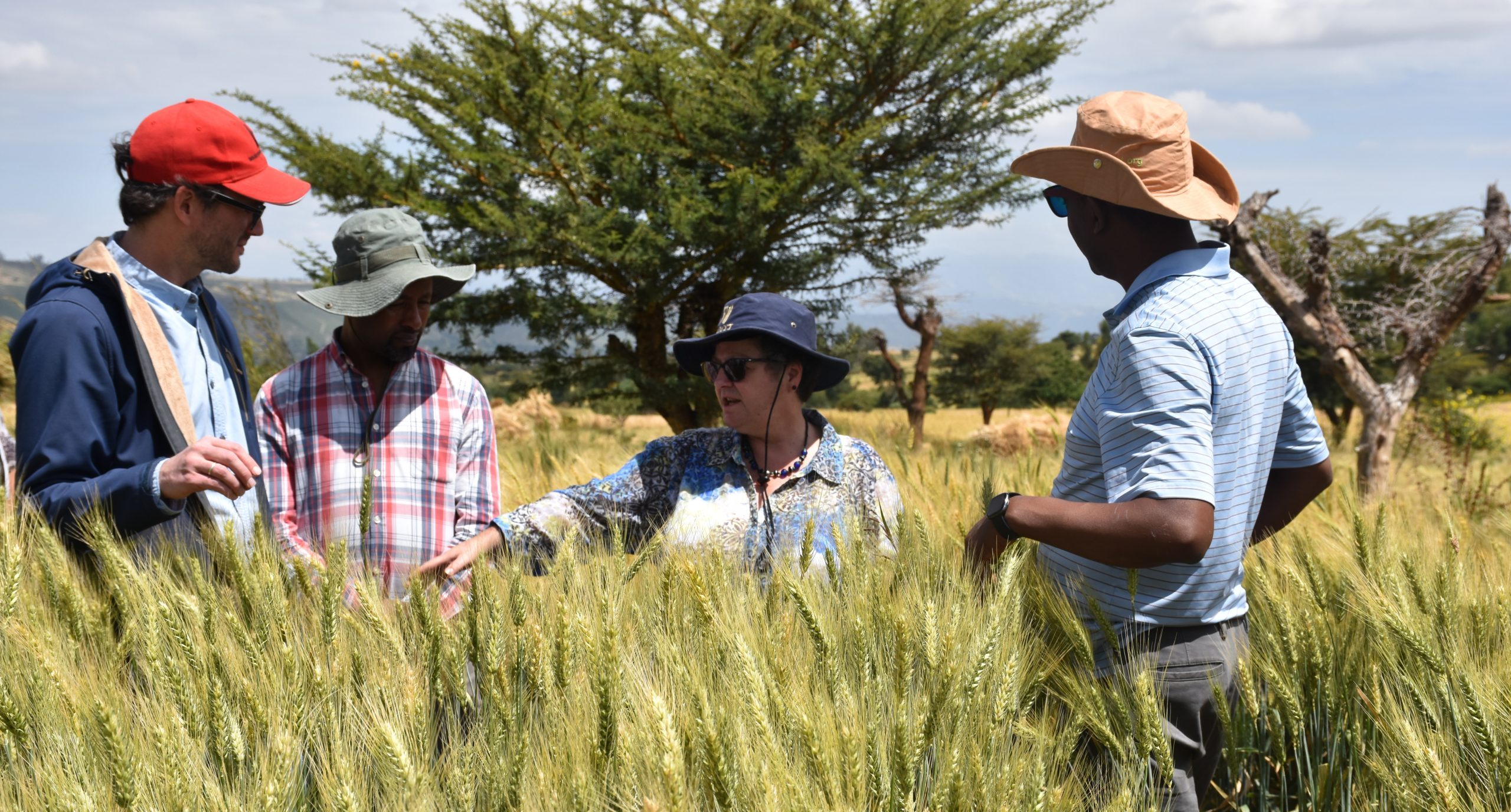Publications
Identifying climate mitigation strategies from AFOLU sector in Mexico
 Climate adaptation and mitigation
Climate adaptation and mitigation
CIMMYT researchers comb through data to enumerate the benefits, and costs, of specific climate mitigation initiatives in the AFOLU sector of Mexico.
Tracking the development and reach of CIMMYT’s climate research
 Climate adaptation and mitigation
Climate adaptation and mitigation
Researchers provide data-driven approach to systematically analyze the production and diffusion of knowledge on food systems and climate change.
In maize research, farmers’ priorities are our priorities
 Climate adaptation and mitigation
Climate adaptation and mitigation
New CIMMYT research sheds light on farmer maize preferences in Ethiopia and western Kenya.
A sustainable solution to micronutrient deficiency
 Nutrition, health and food security
Nutrition, health and food security
Zinc and provitamin A biofortified maize genotypes have potential to reduce hidden hunger in Nepal.
Improved nitrogen use can boost tomato yields
 Environmental health and biodiversity
Environmental health and biodiversity
Scientists research whether nitrogen use efficiency (NUE) and tomato production in Nepal can be improved with better utilization of nitrogen fertilizer.
Sustainability of rice production in the Northwestern Indo-Gangetic Plains
 Climate adaptation and mitigation
Climate adaptation and mitigation
Scientists determine nitrogen use could be reduced without impacting rice yields for sustainability of rice production in Northwestern Indo-Gangetic Plains.
How does physical disturbance of soil impact carbon mineralization?
 Environmental health and biodiversity
Environmental health and biodiversity
A study on the physical disturbance of soil shows that it drives changes in soil properties and affects soil microbial activity.
Using ENM principles to preserve soil health
 Environmental health and biodiversity
Environmental health and biodiversity
Scientists recommend alternative methods for preventing soil degradation that can contribute towards attaining food security.
Participatory action research identifies solutions for improved seed storage in Bangladesh
 Environmental health and biodiversity
Environmental health and biodiversity
Wheat farmers in Bangladesh have participated in the design and management of research trials to determine the best wheat seed storage options for their conditions.
Plant breeding must adapt to climate change, finds study
 Climate adaptation and mitigation
Climate adaptation and mitigation
The goals for breeding new crops have been changed by the rising demands for climate-ready crops, originating from the urgent need to adapt to climate change.
Partnership approach to maize development praised in new study
 Capacity development
Capacity development
Maize varieties with connections to CGIAR germplasm account for 34% of the total maize area in 2015 in 18 sub-Saharan African countries, discover researchers.
Study explores how to reduce GHG emissions while supporting food security through nitrogen management
 Climate adaptation and mitigation
Climate adaptation and mitigation
Responses of yields and N₂O emissions to N inputs could be used to design appropriate N management strategies for addressing the dual challenge of food insecurity and climate crisis.
Analyzing 25 years of maize supply and demand in the Global South
 Nutrition, health and food security
Nutrition, health and food security
After first being cultivated more than 9,000 years ago, research shows that maize not only plays an essential role in global agrifood systems today but has a strongly increasing demand.
Research shows impact of root and crown rot in wheat
 Environmental health and biodiversity
Environmental health and biodiversity
A unique study by CIMMYT scientists in Türkiye in collaboration with scientists from the Bolu Abant Izzet Baysal University, Türkiye demonstrate the prevalence of fungi species in wheat production areas in Kazakhstan, which could be affecting wheat yield and quality.
Tackling wheat price rises instigated by conflict
 Nutrition, health and food security
Nutrition, health and food security
Reduced wheat exports from Russia and Ukraine are causing an increase in price rises in countries where food security is already a concern.
